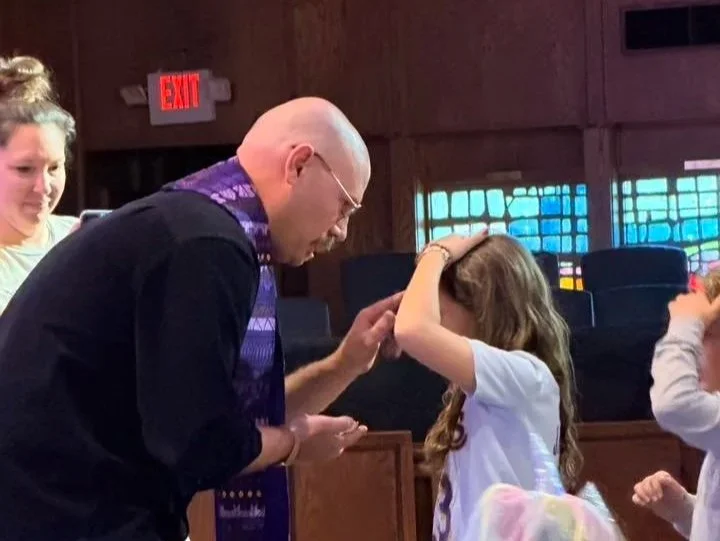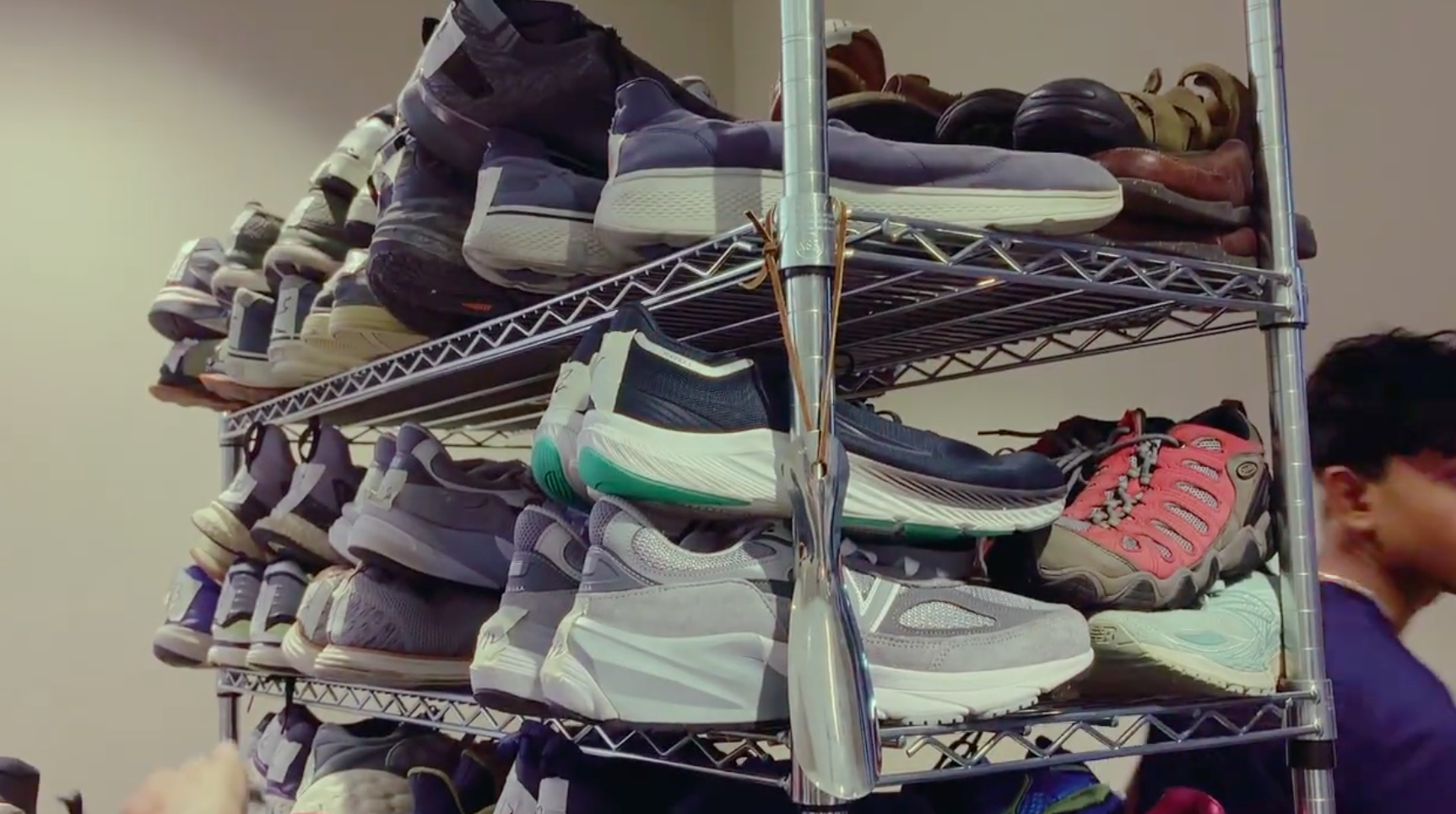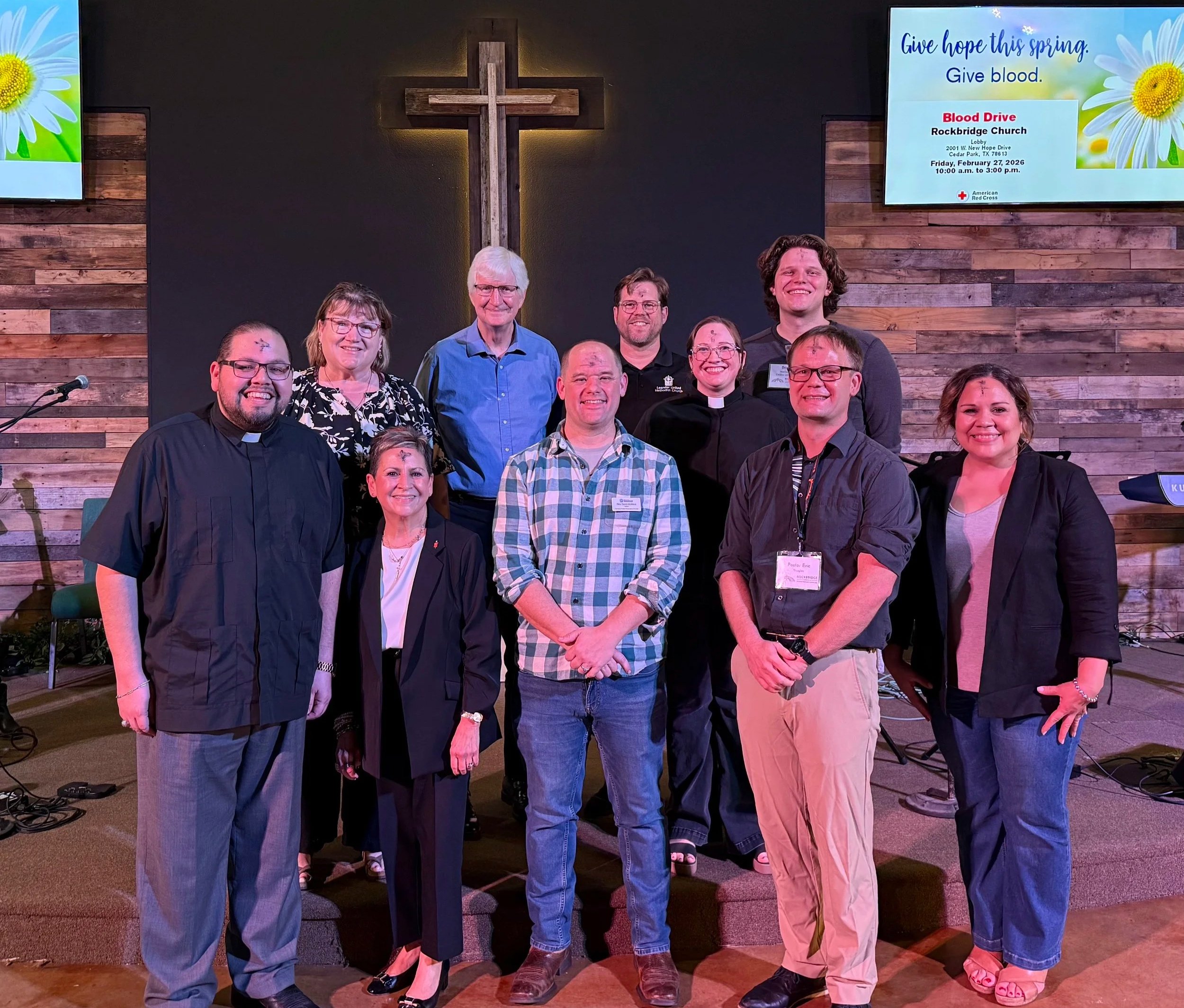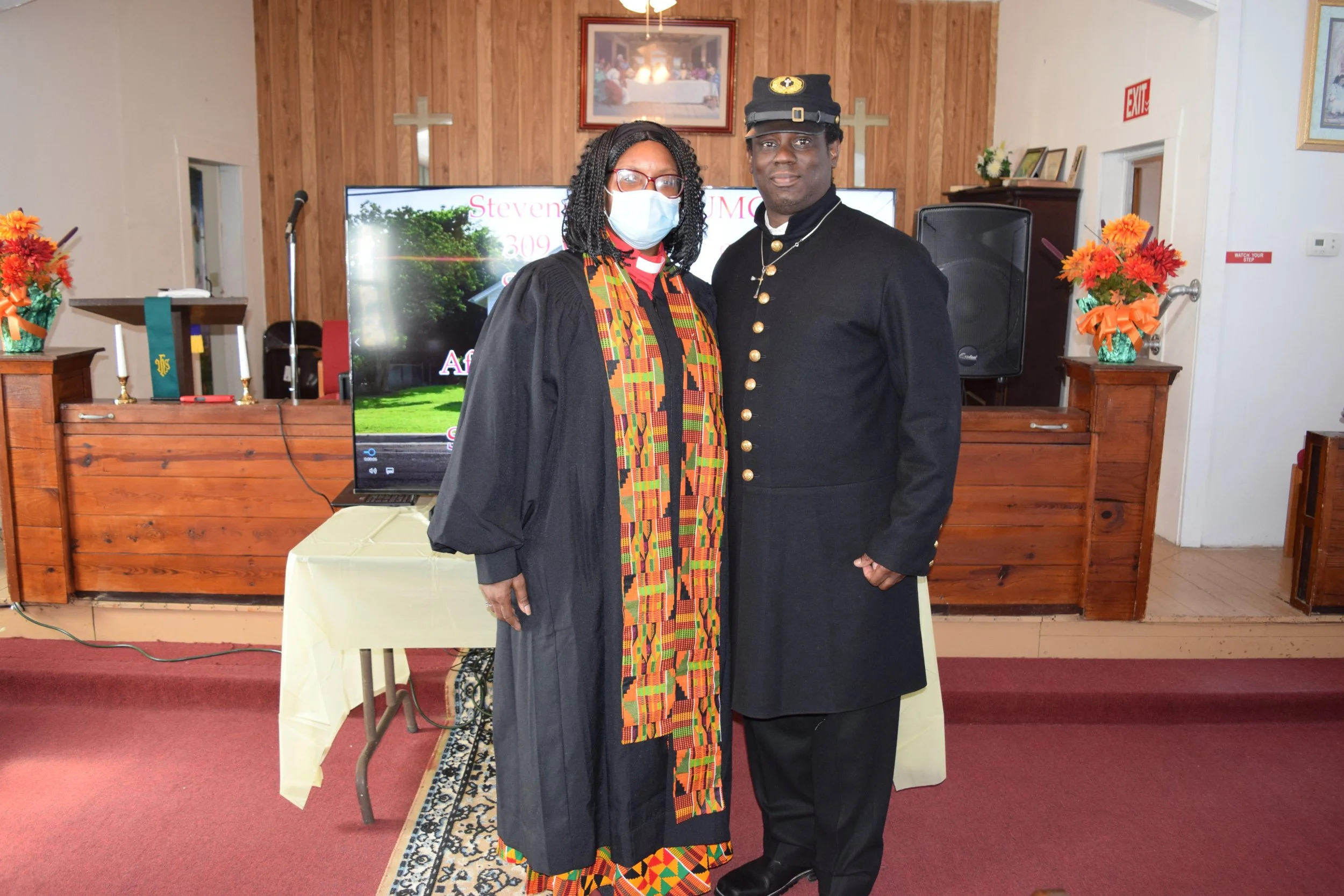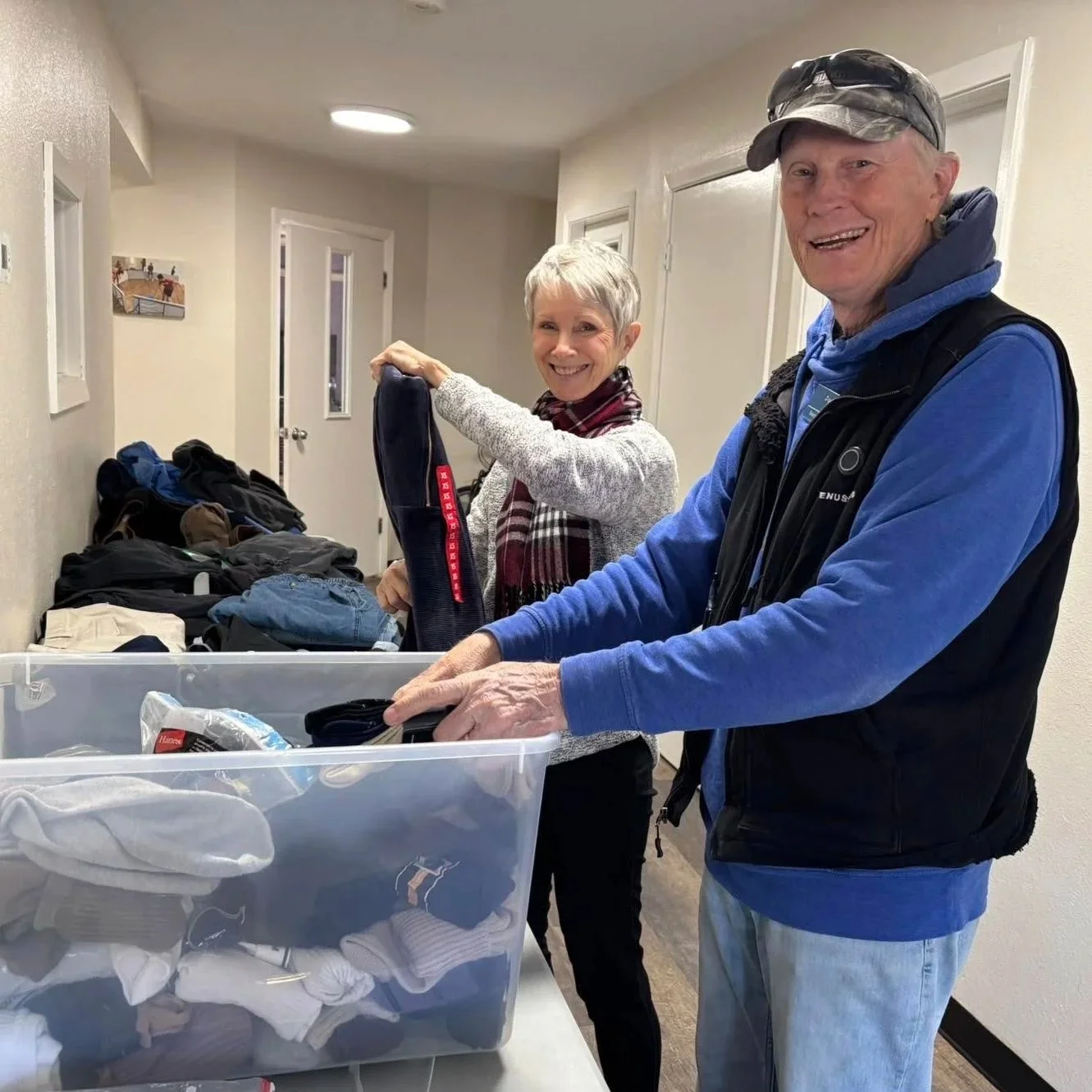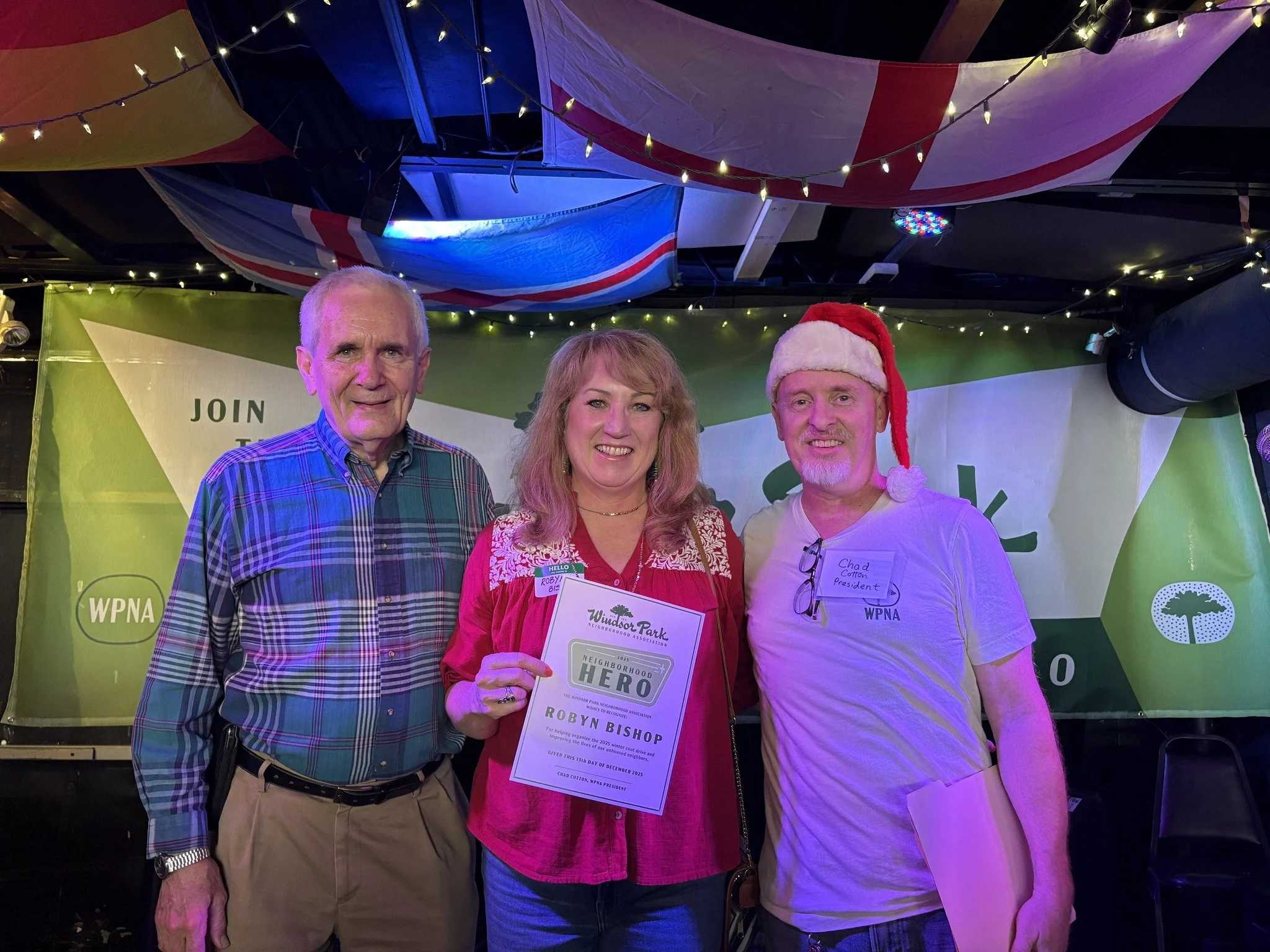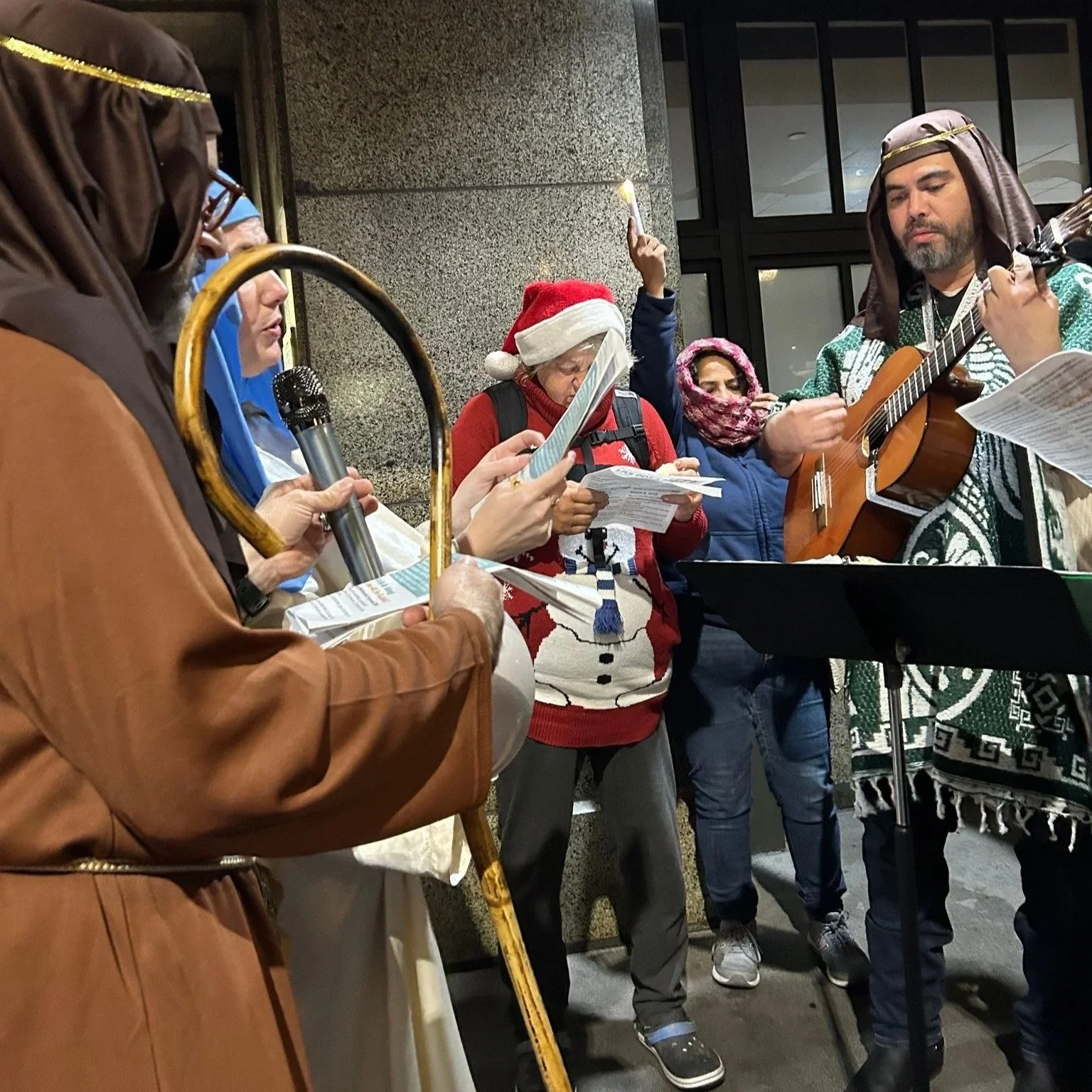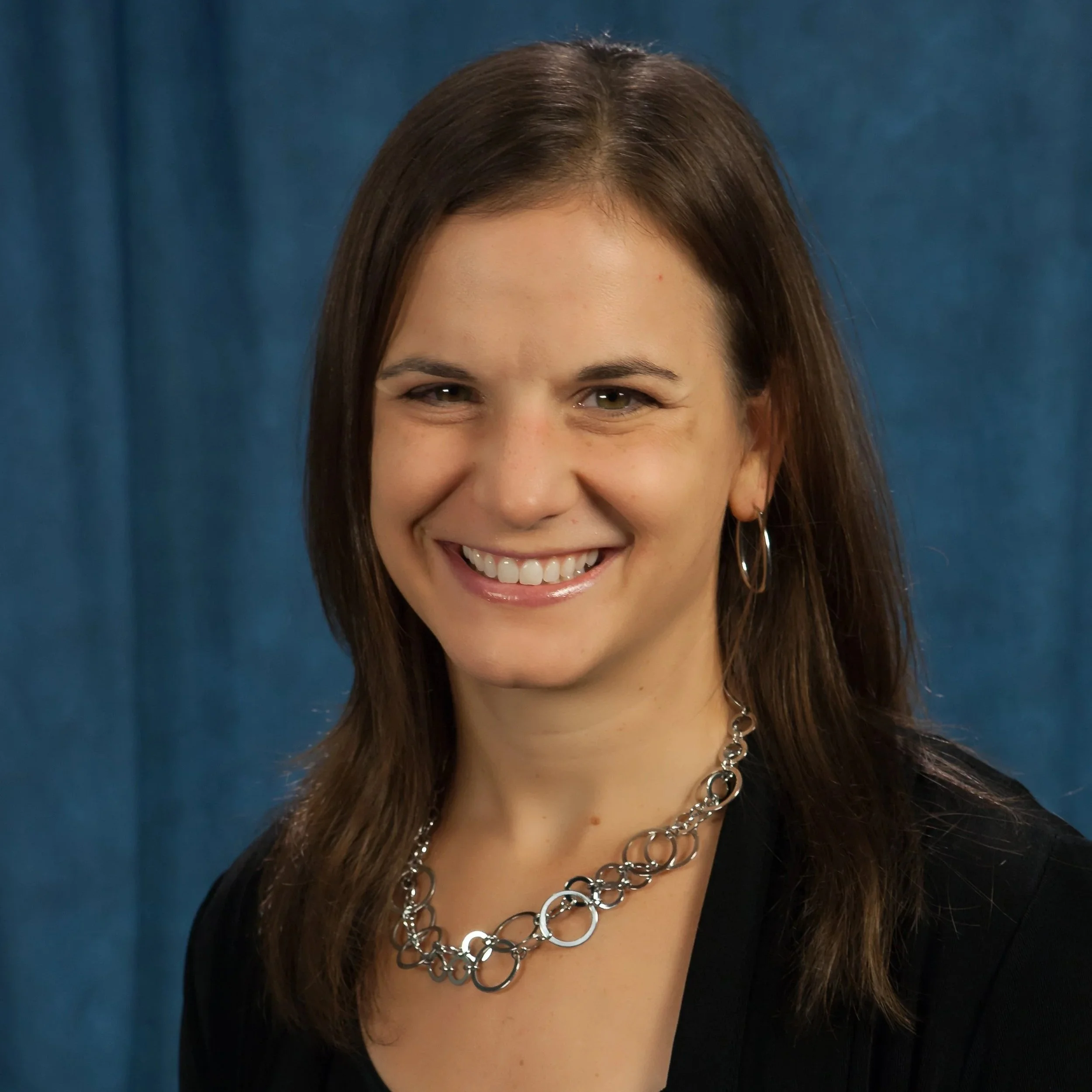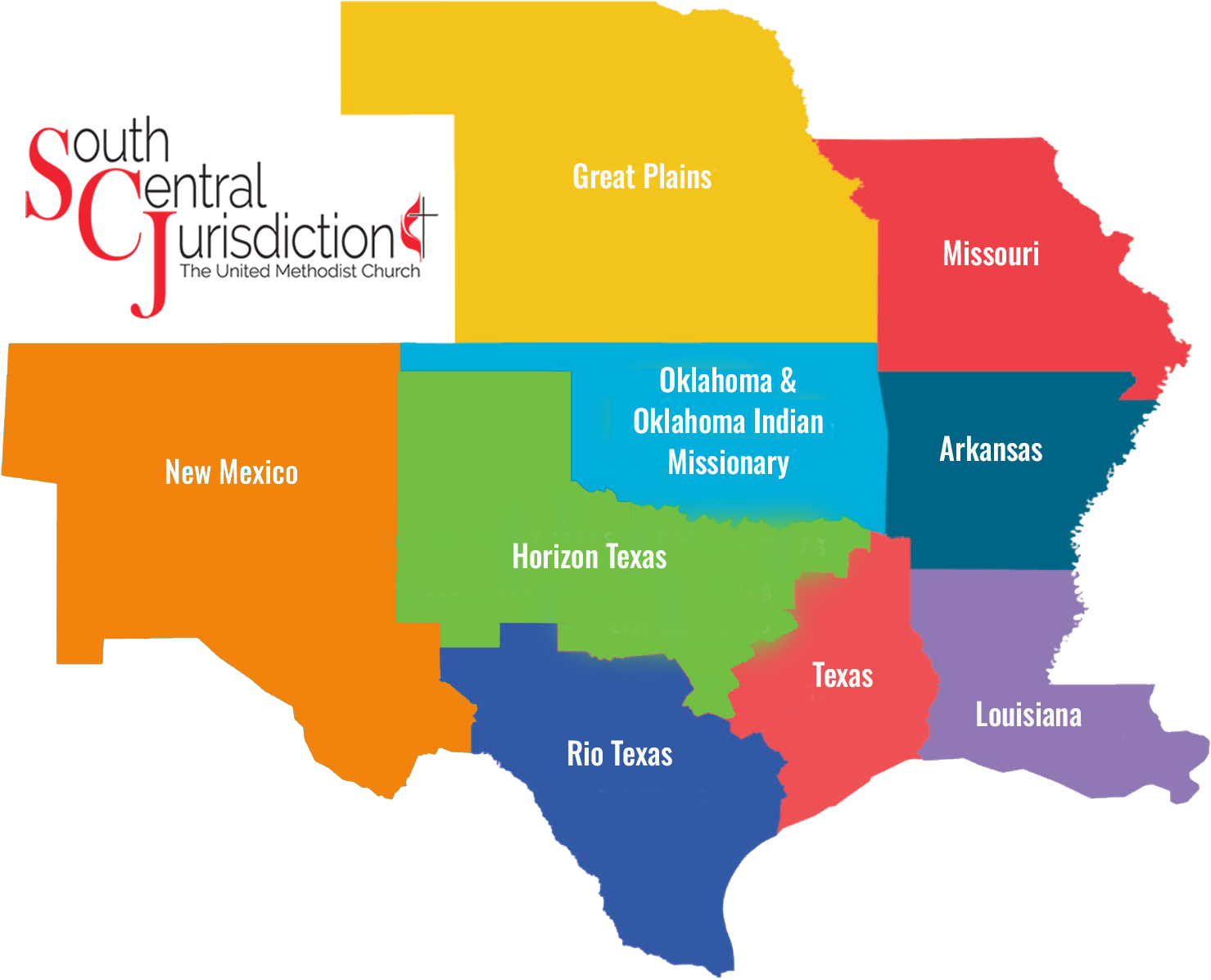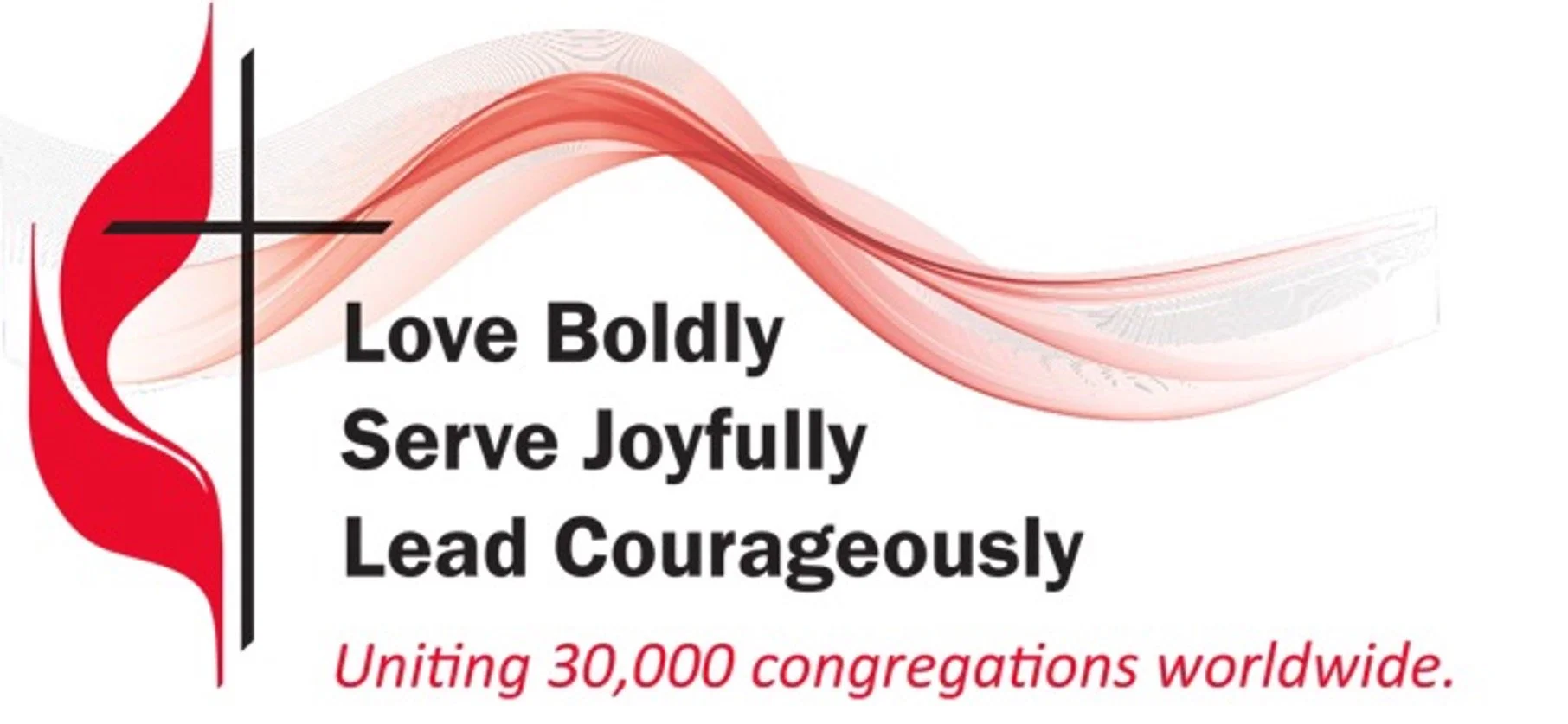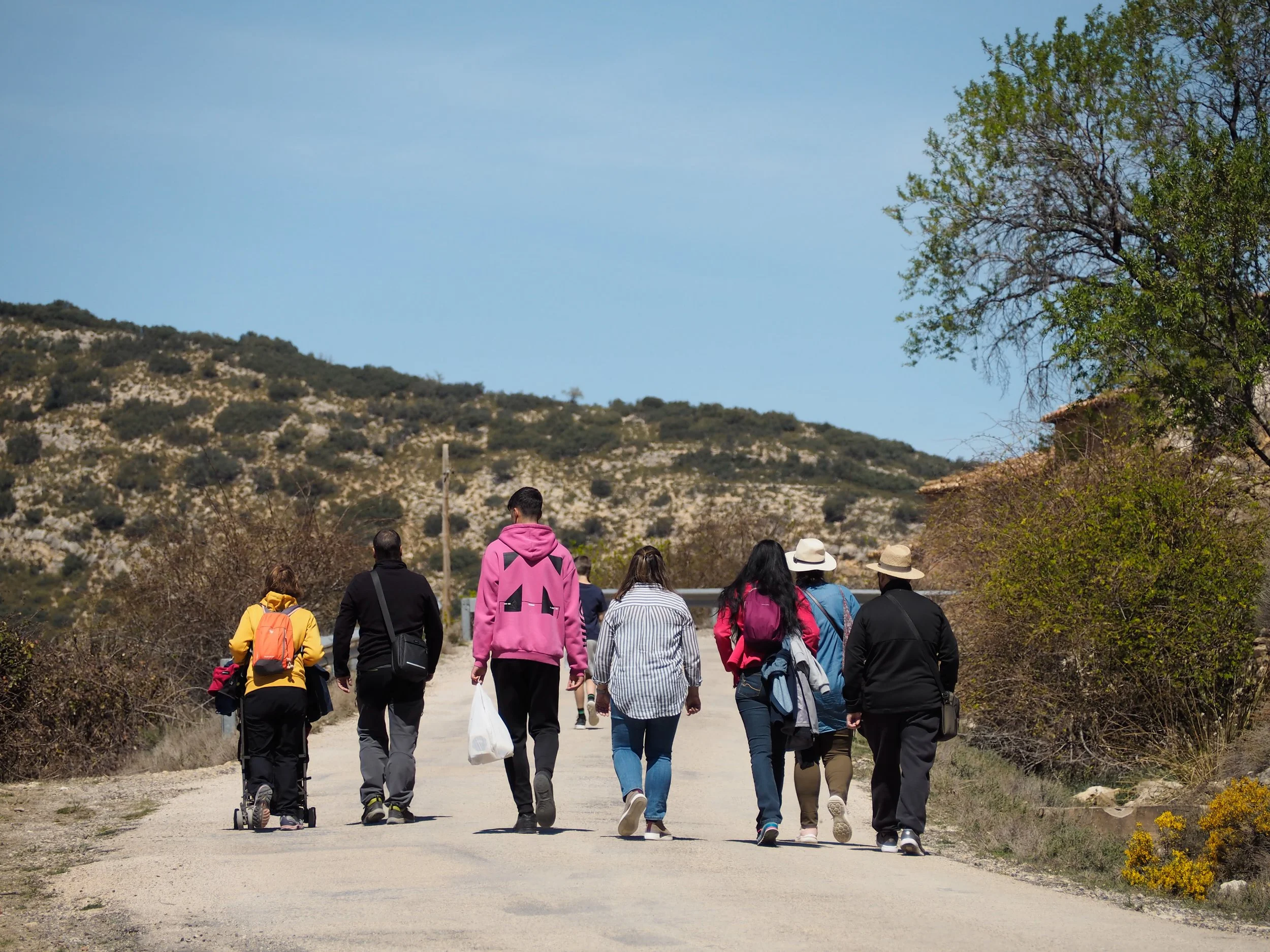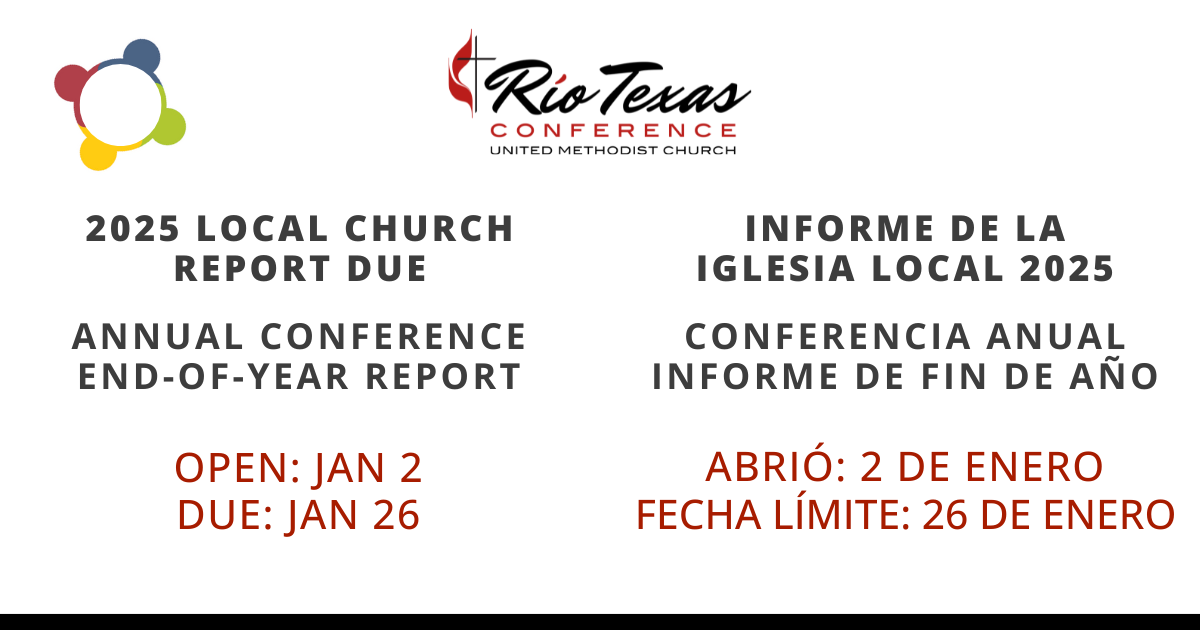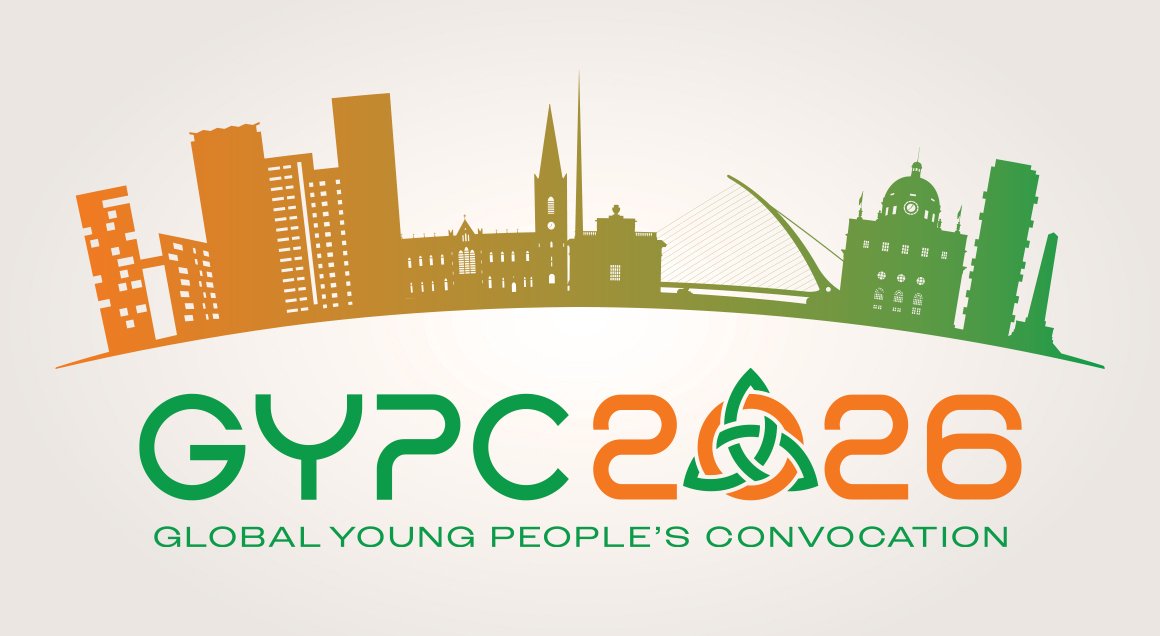Our Context for Refugee, Immigration, and Border Ministries
/Globally, refugee migration [1] continues and increases daily due to war and conflicts, violence, human trafficking, and extortion due to drug and gang activity, and economic displacement due to globalization. As United Methodists, we are called to welcome the migrant [2] to the United States. In a post 9/11 America, we are challenged with political and policy distinctions, as well as interpretations between national security and responding to welcoming those seeking refuge and safety.
Irrespective of debates regarding immigration, as Christians, we are called to welcome and offer hospitality to the stranger or foreigner in our midst. Throughout Scripture the people of God are called to love sojourners in our midst, treating them "as the citizen among you" and loving them as we do ourselves (Leviticus 19:33-34). Love for the sojourner is birthed out of the shared experience the Israelites had as a people searching for the Promised Land [3].
Rio Texas Conference support in transporting the supply donations in response to the recent arrival of refugees released from the detention centers.
As the Rio Texas Conference of the United Methodist Church, we live out our faith in churches and communities in a region of our state that straddles the south and north of the Americas. Regarding the recent waves of arrival of refugees over the past 18 months, particularly unaccompanied minors [4], there have been various and continued responses in offering welcome and hospitality to these sojourners by United Methodists of the Rio Texas Conference.
"As Christians, we are called to welcome and offer hospitality to the stranger or foreigner in our midst."
The map below expresses an inventory of our ministry engagement in that regard. We are now seeing the emergence of a significant network that will become increasingly linked and connected in conversation, information sharing, and mutual learning. This network becomes a source of learning and ministry presence for all of us in the Rio Texas Conference and the denomination at large. The significance of this network will teach and orient us to the realities of life along the U.S. / Mexico border. We will also develop relationships through ministry engagement in communities. We will have further opportunities to go deeper in our learning together. We will increase our advocacy engagement required to positively and collaboratively address root causes of global, national, and regional factors of refugee migration and immigration policies. Therefore, our region is a pinch-point for the rest of the United States.
We have two operating Justice for Our Neighbors [JFON] boards and three legal clinic sites in Austin, Smithville [5], and San Antonio [6]. JFON’s mission is to support a hospitality ministry that welcomes immigrants by providing affordable, high-quality immigration legal services to low-income immigrants; engaging in advocacy for immigrant rights; and offering education to communities of faith as well as the public. The legal services, education and advocacy JFON provides is a critical resource towards the possible extension of services to the lower Rio Grande Valley to provide orientation to refugees upon their immediate arrival.
Guatemalan refugee sharing about her journey and now network connection as she now seeks asylum and resettlement in the U.S.
The Interfaith Welcoming Coalition [IWC] [7] of San Antonio emerged as an immediate response to the June 2014 arrival of unaccompanied minors and single mothers with small children to the San Antonio-area. This coalition of various faith communities and some of our United Methodist congregations came together to offer a welcoming response to refugees through visitation in the detention centers, receiving people upon release by Immigration and Customs Enforcement [ICE], providing hospitality and respite, and transportation to the bus station and airport as refugees were allowed to connect with their family members in various parts of the U.S.
IWC volunteers also hosted attorneys coming in from around the country to offer their pro-bono services with RAICES (Refugee and Immigrant Center for Education and Legal Services) [8]. RAICES was founded and incorporated in 1986 under the name of the Refugee Aid Project. During this time, Central Americans flooded into Texas after fleeing the civil wars and social upheavals of El Salvador, Honduras, Guatemala and Nicaragua. This past Saturday, a town hall session [9] was held to give an overview to the response of the 500 refugees released unannounced. This response extended beyond the IWC network to include City of San Antonio council members and staff. ICE has agreed to notify the proper organizations in advance of future refugee releases from the detention centers.
As IWC was being formed in 2014, immediate welcoming response to refugees came from our churches in Laredo and the Holding Institute [12] working with the Catholic Church and others. This gave rise to the formation of the Laredo Humanitarian Response Team [13]. At the same time, refugees were arriving in large numbers to the lower Rio Grande Valley border. This prompted official UMC response [14] to come and see first-hand what was happening, as well as to learn of how those native to the border have responded and related to persons migrating to the U.S.
Today, in the McAllen and Brownsville-areas, the influx of refugees continues daily. Susan Hellums of the Faith Communities Refugee & Immigration Response reports that between 150-300 refugees stream through Sacred Heart Humanitarian Respite Center (HRC) [15] in McAllen, TX each day. This Center operates under the direction of Catholic Charities, but with the partnership and donations of many different faith communities, city and other agencies.
Families (usually one parent and their children of all ages) are released from Customs and Border Patrol (CBP) after being processed. Transportation is then arranged to a sponsor somewhere north of the Rio Grande Valley (RGV) border area. A travel ticket is purchased and a court date is set months into the future. Families are also “outfitted” with an ankle bracelet. They are brought to the HRC by CBP to shower, receive a clean set of clothes, eat, rest and await their bus out of the RGV. As they arrive at the Center, they are welcomed with warmth and hospitality by volunteers. Before they leave on a bus, they are given a small hygiene kit and a bag with snacks to get them to their destination, somewhere in the U.S.
Susan Hellums shares - This was a picture posted on Facebook from Eli who coordinates work at Sacred Heart HRC. Eli is in very front and posted "just another day at the office." We give about $500 worth of food a week to Center. They called me today for deodorant and toothpaste. Unfortunately, I didn't have funds. They saw over 300 through today. #'s have been up again for 2 months or more.
The Migration Policy Institute [16] indicates that this migration phenomenon will continue due to the complex set of push and pull factors driving Central American migration, which has changed very little since 2014. Violence perpetrated by criminal gangs continues to plague the Northern Triangle—which represent three of the five countries with the highest murder rates in the world. Poverty and lack of economic opportunity in Central America, key drivers of emigration, persist today. Moreover, the U.S. is home to millions of immigrants from El Salvador, Guatemala, and Honduras. While many are unauthorized and lack legal pathways to bring the children they left behind to the U.S., the desire to reunify remains strong. U.S. laws and policies provide for the unique treatment of unaccompanied children and families apprehended at the border, which allows many to be released and remain in the country for long periods of time as they await the outcomes of immigration court hearings.
We are in ever-changing times. Our context as a pinch point presents many challenges and perplexities – human, political, institutional, and as a church. This challenge is global. We have churches providing support to agencies [17] [18] that receive and support refugees from other places other than Central America. Some churches [19] have already received refugee communities openly. They are now part of the integral life of the church and community. Through JFON, we learn that we are receiving and building relationships with many brothers and sisters from many places around the world.
How can you help?
So how might we offer response and continued support?
1. PRAYER. Pray for all of these ministries noted. Pray for those involved in offering the direct response of welcome, hospitality, and presence. Pray for their strength, persistence, and fortitude. Pray for new persons to respond to this ministry. Most especially, pray for our brothers and sisters who are the sojourners seeking refuge and a hopeful future. Pray for those in places of leadership, discerning, and deciding on policies and laws to address the causes and effects of refugee displacement.
2. REFLECT. While this article serves to offer a quick overview to our context, there is much more information presented here through the reference links [20] [21] [22]. There is far more happening in our context than what is simply captured here. As you delve deeper, individually or collectively, perhaps reflect on the following:
• In reading and learning further about our context for refugee, immigration, and border ministries – what stands out to you or captures your attention?
• What Biblical narratives come to mind as we think about our context?
• What is challenging or surprising?
• As we understand more deeply our context for ministry, what is the opportunity or implications for our ministries?
• What are you called to do in response?
3. LEARN MORE. As this reality in our context becomes increasingly pronounced, there is much more to learn. Learn more through conversation with those who have been close to the responses through direct contact and ministries with refugees in our midst. Find out how you may support them. Offer your support through presence and prayers. Find out what advocacy work is needed in this regard.
4. RESPOND. Personal and collective response through presence and service is needed. Contact any of the ministries mentioned to see what is needed and how you may respond. Then continue in prayer and reflection as hands-on involvement may continue and increase.
5. MONETARY SUPPORT. Monetary support is our best long-term and sustainable response as the United Methodist Church. While we are in continued prayer, reflection, learning, and responding through volunteer service, financial support is needed in the long haul. The Mission Vitality Center and the emerging Immigration and Border Ministries Network will work together to determined what and where are the best and most fruitful applications of your financial support. Periodical updates on this will be provided.
This article was written by Abel Vega, Director of Outreach Vitality, Mission Vitality Center, Rio Texas Conference,
United Methodist Church
Reference Links
[1] http://www.unhcr.org/global-trends-2015.html
[2] http://www.umc.org/what-we-believe/welcoming-the-migrant-to-the-us
[3] Book of Resolutions: Welcoming the Migrant to the U.S. http://www.umc.org/what-we-believe/welcoming-the-migrant-to-the-us
[4] http://www.npr.org/2014/07/17/332205161/children-are-fleeing-for-their-lives-says-journalist-covering-border-crisis
[5] http://www.jfonaustin.org
[6] http://www.sarjfon.org
[7] https://www.facebook.com/texasiwc/
[8] https://www.raicestexas.org/
[9] http://www.sacurrent.com/the-daily/archives/2016/12/12/a-refugee-crisis-lands-on-san-antonios-doorstep
[10] http://www.khou.com/news/local/texas/ice-agrees-to-stop-unannounced-refugee-releases-in-san-antonio/367817872
[11] http://www.ksat.com/news/central-american-families-moving-to-larger-local-church
[12] http://www.umc.org/news-and-media/nonprofit-finds-new-life-in-meeting-immigrants-needs
[13] https://www.facebook.com/LaredoHRT/
[14] http://www.umc.org/news-and-media/church-draws-on-border-natives-in-immigration-crisis
[15] https://www.texasobserver.org/call-them-refugees-border-project/
[16] http://www.migrationpolicy.org/article/increased-central-american-migration-united-states-may-prove-enduring-phenomenon
[17] http://www.sarefugees.org/index.php University UMC San Antonio is a partner
[18] http://stjohnsaustin.org/refugeeservices http://www.rstx.org/ St. John UMC Austin is a partner
[19] http://www.parkerlane.org/
[20] http://www.umc.org/what-we-believe/archives-immigration-articles
[21] http://www.texasobserver.org/beyond-border/
[22] http://www.umcmission.org/find-resources/new-world-outlook-magazine/2016/sept/october/0927latrinidadumc
[23] http://www.themonitor.com/news/immigration/sacred-heart-to-build-new-respite-center/article_46e7e43c-ad07-11e6-b9ca-23db8a022bbf.html
[24] http://myrgv.com/brokenborders/
[25] http://myrgv.com/brokenborders/category/editorial/page/2/
[26] http://www.themonitor.com/opinion/editorials/editorial-tent-city-in-donna-response-to-immigration-surge/article_96a5f8fa-b762-11e6-86c8-83c388eefab0.html
[27] http://www.themonitor.com/news/local/cbp-planning-tent-city-near-donna-bridge/article_f6a2bca0-b6a1-11e6-87ee-478e3f83b0a9.html
[28] http://www.themonitor.com/news/sen-ted-cruz-visiting-mcallen-for-border-roundtable/article_d997ae06-b744-11e6-a60f-f74e08ed5747.html
[29] http://www.themonitor.com/news/local/respite-center-puts-out-call-for-food-to-aid-immigrants/article_8103060c-b715-11e6-9b80-b728b31a9d38.html






